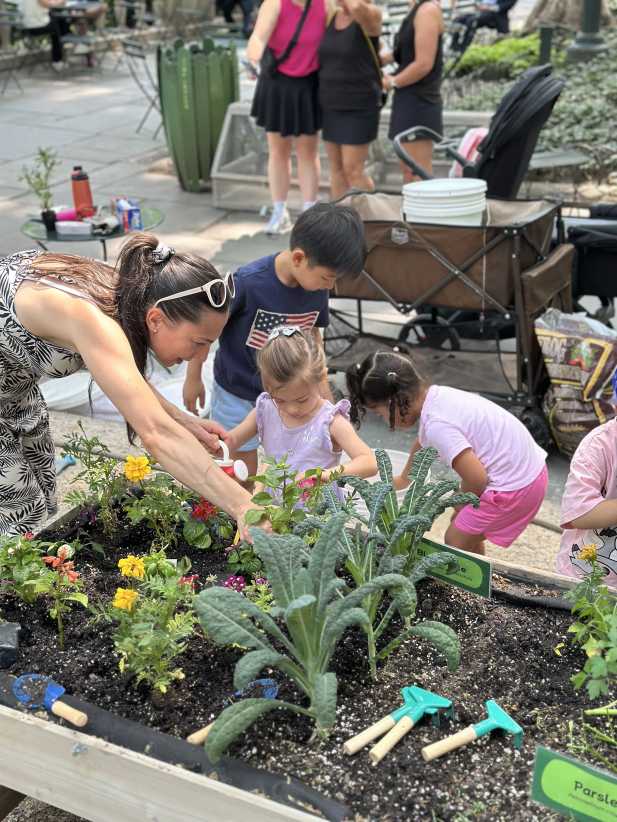By Adam Kramer
The Jamaica branch of the NAACP assailed what it believes is police brutality against minorities at a town hall meeting last Thursday in the wake of the fatal shootings of three unarmed black men in the city in the past 13 months.
In a discussion called “The Diallo Murder: A New Form of Lynching/Police Brutality a Threat to All,” the panelists expressed their anger at what they claimed was senseless violence against the black community.
About 100 community members attended and voiced their concerns about what they contended is increased police violence against minorities.
Participants at the meeting at Maranatha Baptist Church at 112-42 Springfield Blvd. in Queens Village heard the panel outline changes that are expected to improve the way the New York Police Department responds to minorities in the city.
“We have in the Police Department some problems which have developed to the detriment of black and Hispanic children,” said state Assemblyman William Scarborough (D-St Albans). “Diallo was the pin that broke the balloon, but the problem has been happening for a long time.”
An Albany jury acquitted four members of the Street Crimes Unit on Feb. 25 in the shooting of Amadou Diallo, an unarmed West African immigrant who died in a hail of 41 bullets fired by the four white officers outside his Bronx apartment building in 1999.
Scarborough was joined on the panel by Leroy Gadsden of the National Association for the Advancement of Colored People; Patrick Jenkins representing U.S. Rep. Gary Meeks (D-St. Albans); Steven Zanowic, a deputy U.S. marshal; Barry Marquis, an NYPD detective at the 79th Precinct in Brooklyn; and James Blake, a Manhattan Borough Community College professor.
Scarborough told the Times/Ledger in a telephone interview after the meeting that bringing together community members to discuss the problems is absolutely necessary because things are “clearly amiss.”
He cited the shooting deaths of three unarmed black men – Diallo, Patrick Dorismond last Thursday in Times Square and Malcolm Ferguson in the Bronx near where Diallo was gunned down – by undercover officers in the last 13 months.
“The mayor and the police commissioner are not facing up to the issues,” he said.
Gadsden said the purpose of the meeting was to put forth ideas and suggest governmental legislation to help stop the animosity that has developed between the police and minorities. He said people need to know their rights and vote for legislators who will work to stop police violence.
“The problem did not start yesterday and it will not stop tomorrow unless people come together, black and white, to eliminate the problem,” he said. “Things are not going to stop by themselves. People need to come together to make a concerted effort to eliminate police brutality.”
Both Scarborough and Jenkins outlined new legislation that the state Assembly and the U.S. Senate are fighting to pass with the hope that new laws would stop police brutality and make police officers more accountable for their actions.
The legislation, sponsored in Congress by U.S. Rep. John Conyers (D-Mich.), calls for ending the 48-hour rule that allows police officers to delay talking to investigators for two days following an incident in which a civilian is shot by cops. It also would require officers to be tested for drugs and alcohol after they fire their guns.
Under the measure a special prosecutor would be appointed to try police officers of crimes because of the conflict of interest when the district attorney tries a case involving the police.
The New York State Legislature also wants to enact a residence law requiring NYPD officers to live in the five boroughs. It would give officers who speak a foreign language incentive pay to work in a community where they speak that language.
“We can't be tolerant of leadership that is tolerant of the police who go out and shoot us indiscriminately because we are holding a wallet, keys or a 3 Musketeers bar,” Jenkins said.
































